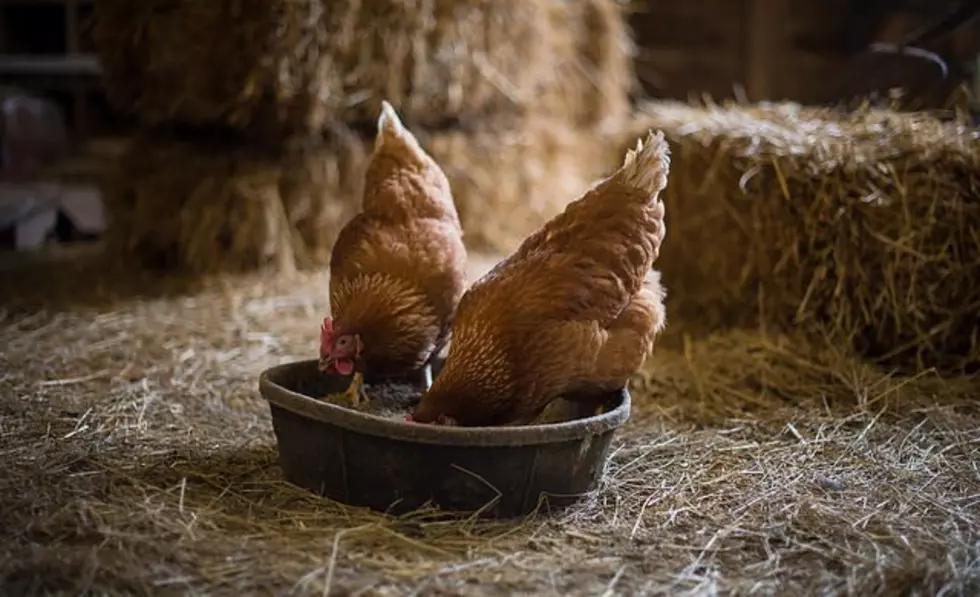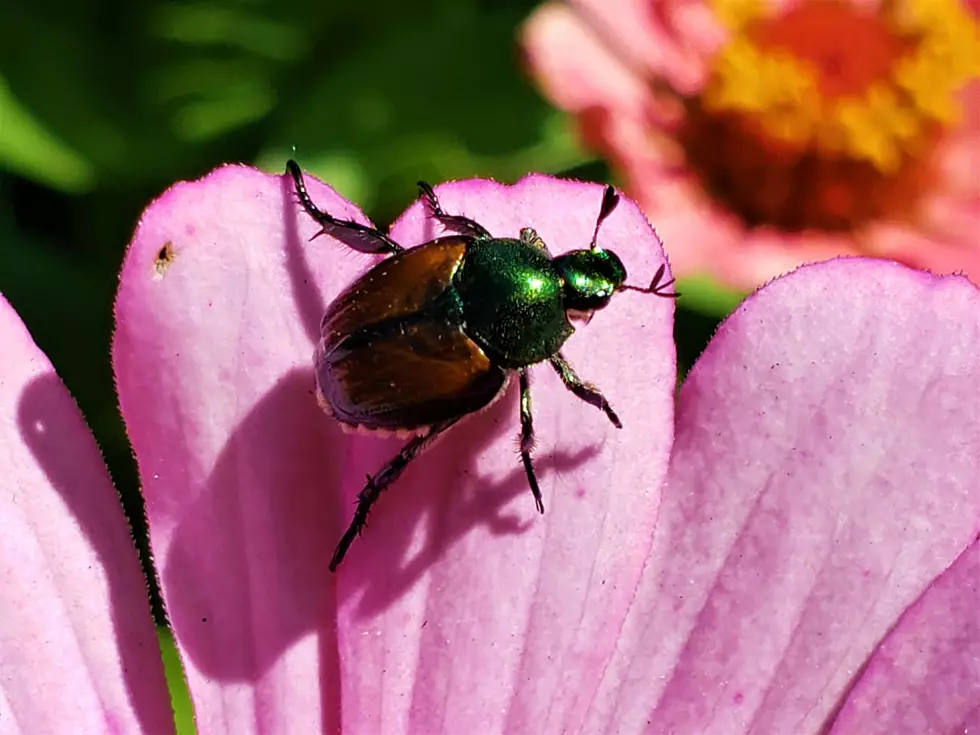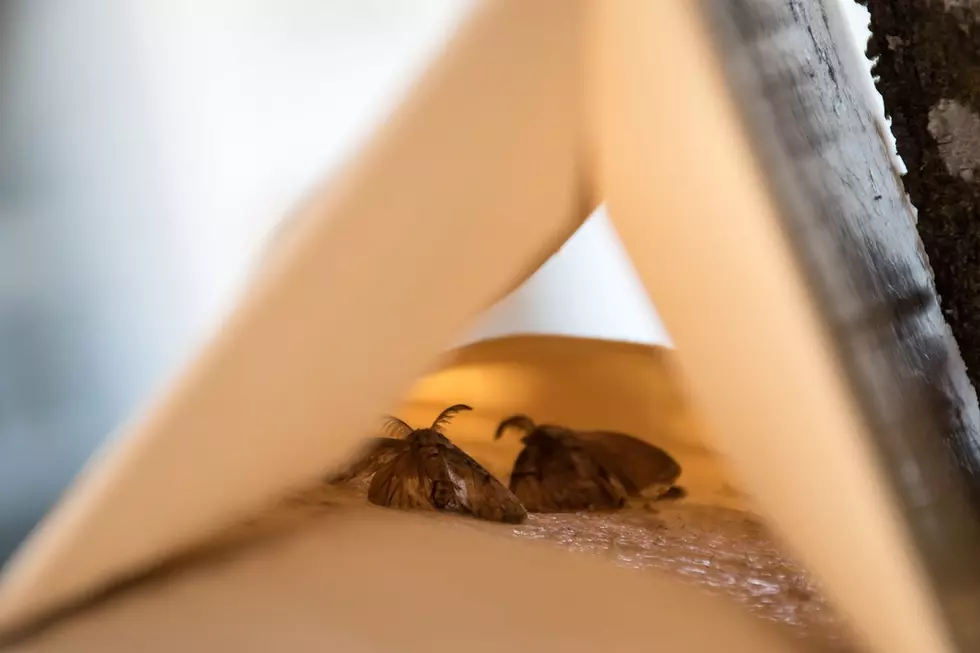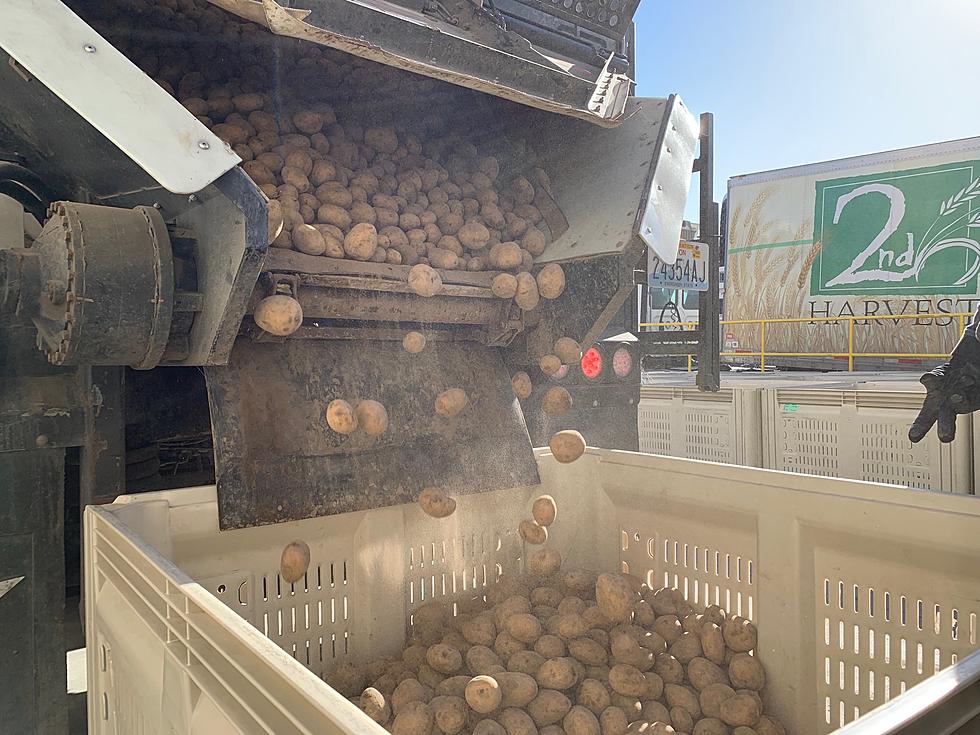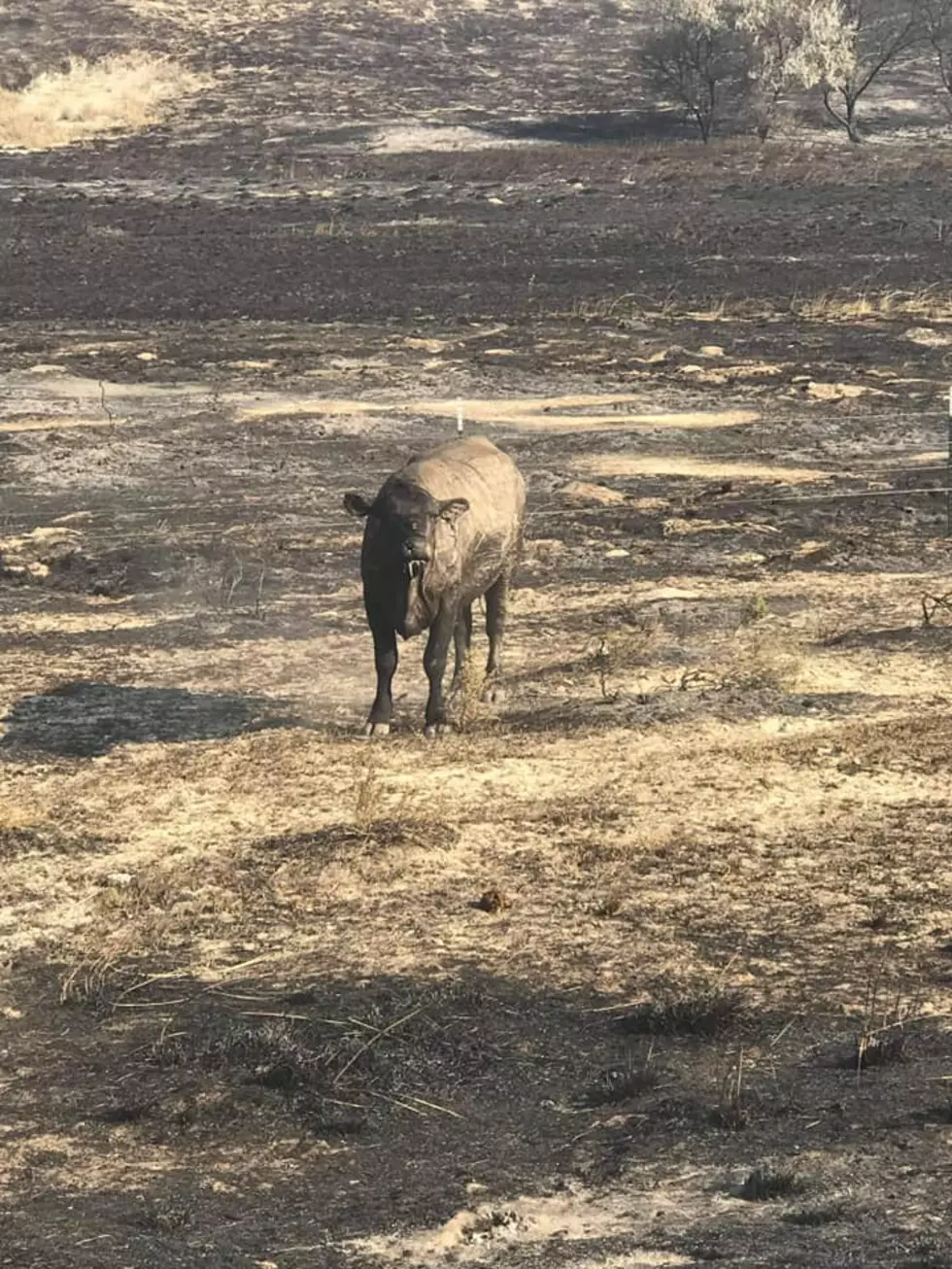
Washington Wildfires and Livestock Safety
OLYMPIA — As wildfires continue to burn throughout the state, emergency orders have been issued for a coordinated multi-agency response. The Washington State Department of Agriculture (WSDA) is urging large animal owners to closely monitor their animals during these challenging times.
Smoke from the fires poses similar health risks to both humans and livestock.
Irritation of the eyes and respiratory tract, aggravation of chronic lung diseases, and reduced lung function are among the effects. High concentrations of particulates can cause persistent cough, increased nasal discharge, wheezing, and breathing difficulties. Additionally, particulates can weaken the immune system and impair the lungs' ability to remove foreign materials, such as pollen and bacteria, to which livestock are typically exposed.
The Washington State Department of Health provides resources and answers questions about the human and pet health effects on its website.
To safeguard livestock, the WSDA recommends limiting exercise when smoke is visible and avoiding activities that significantly increase airflow into and out of the lungs. Providing ample fresh water near feeding areas and feeding low-dust or dust-free feeds can help reduce dust exposure. Sprinkling or misting the livestock holding area is also advised. After the air quality returns to normal, it is crucial to allow livestock 4 to 6 weeks to recuperate before handling, moving, or transporting them.
Maintaining good barn and field conditions is crucial to minimize fire risks for horses and other livestock. Stable structures, prompt removal of dead trees, clearing away brush, and maintaining a defensible space around buildings are all recommended practices.
Following the wildfires, farmers and ranchers are urged to report any damage to their farms or crops to their local U.S. Department of Agriculture Farm Service Agency Office (USDA FSA). The USDA FSA manages various disaster assistance programs for agricultural producers. For assistance in identifying livestock lost to fire, the WSDA Livestock Inspection Program is available to help through brand inspection or ear tag identification.
To ensure the safety of animals and families, it is advised to drain and clean any exposed stock tanks, wash fire retardant residue off structures, rinse standing vegetation, thoroughly wash garden produce, shampoo exposed pets, and assess pasture and grazing land for contamination.
Washington State Veterinarians want to emphasize the significance of preparedness, stating, "It's important to remember that if you are in an area that is in danger of evacuation, know where you can go, know where you can board your animals, and have a plan."
Source: Washington State Department of Agriculture
8 Ways to Clear & Keep Wildfire Smoke from Your Home
More From PNW Ag Network




